By Sara Delgado - Senior Editor | Last updated: July 6, 2025 | 9 Min Read

As we move into an AI-powered future, fairness in generative AI is no longer optional; it's essential. Whether creating digital art, writing code, or generating business strategies, AI systems are now influencing decisions that shape real lives and industries.
But if these systems are biased, incomplete, or unfair, they don’t just make mistakes, they reinforce discrimination, inequality, and mistrust.
In this blog, we’ll explore why fairness must be at the heart of generative AI, how current biases threaten progress, and what businesses, developers, and regulators can do to create ethical, inclusive, and future-ready technologies.
Generative AI isn’t just about efficiency—it’s about influence. Generative AI tools like ChatGPT, Midjourney, and DALL·E are reshaping creative work, software development, marketing, education, and more. But with this power comes the responsibility to ensure these tools don’t perpetuate harm or bias.
As generative AI rapidly integrates into every corner of modern life from writing assistants and design tools to healthcare diagnostics and recruitment platforms, fairness must be at the forefront of development and deployment.
Image 1 Alt Text: Why Fairness in Generative AI Must Be a Priority
Ignoring fairness in generative AI doesn’t just create flawed outputs; it amplifies societal inequalities, damages trust, and opens the door to regulatory and ethical disasters. Let’s explore why fairness is essential and what it really means in this space.
Generative AI learns from massive datasets—books, articles, social media posts, images, codebases, and more. Unfortunately, much of that content carries historical and societal biases, whether explicit or subtle.
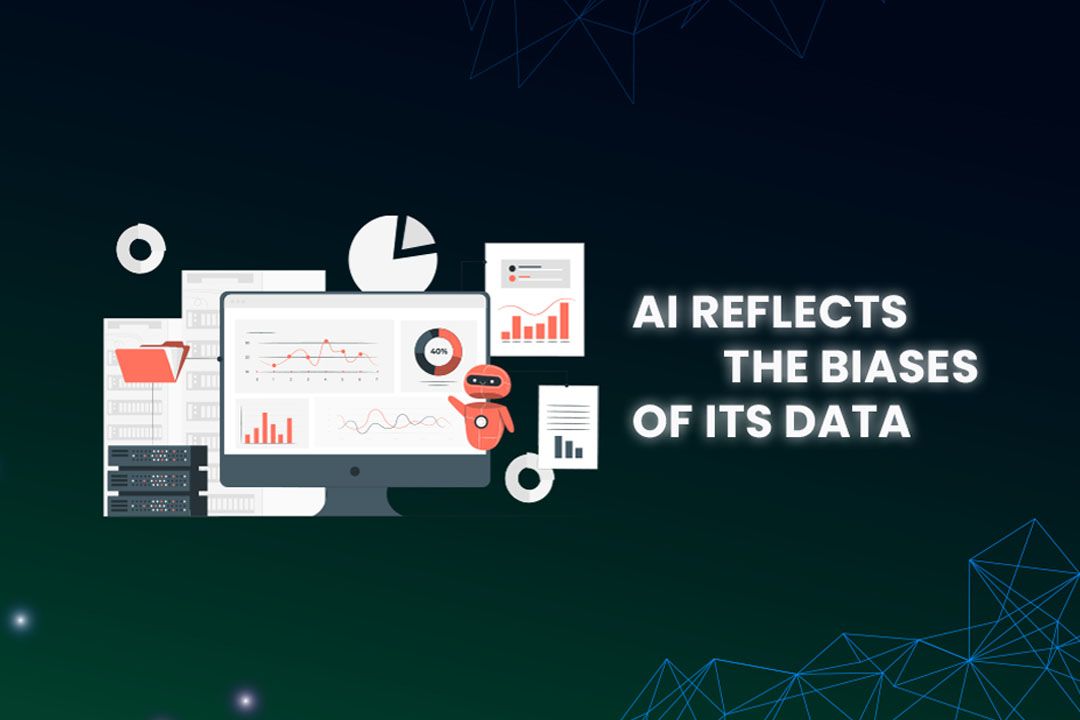
The danger? These outputs can reinforce harmful stereotypes, marginalize voices, and perpetuate discrimination in subtle but systemic ways.
To prioritize fairness, developers must conduct bias audits, use diverse and representative datasets, and fine-tune models for inclusivity and accuracy across demographics.
When businesses and individuals adopt AI tools, they trust that those systems will deliver accurate, ethical, and equitable results. But if users encounter offensive, biased, or misleading content, trust quickly erodes, and so does the value of the technology.
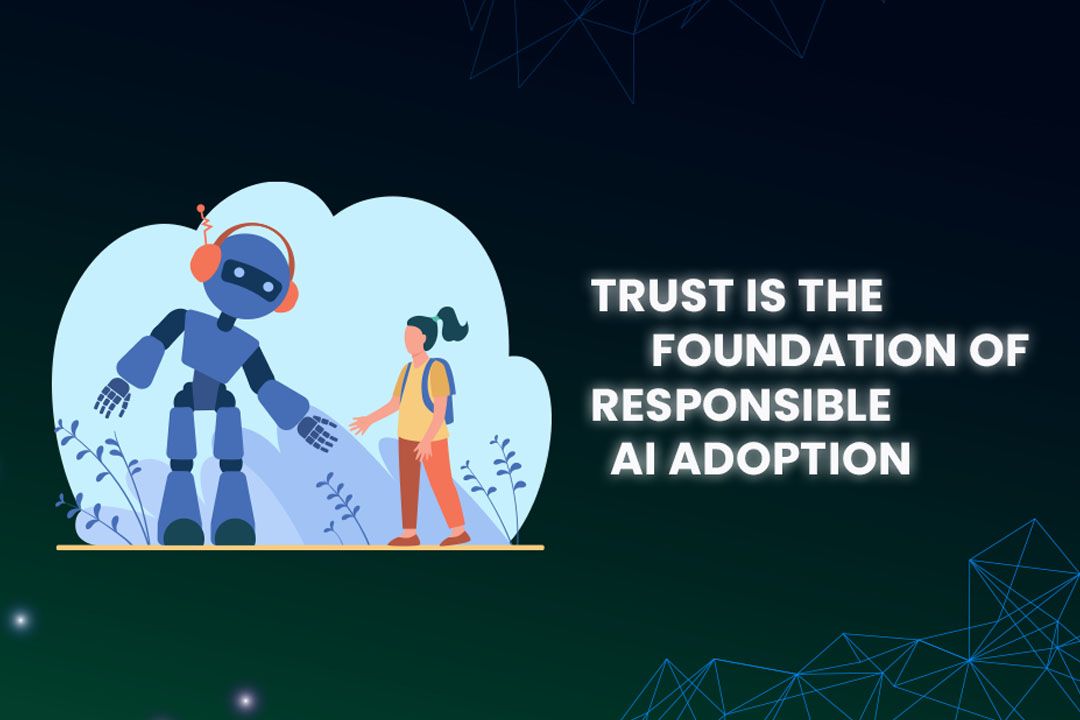
A well-known AI image tool generated hypersexualized or stereotypical images when prompted with certain racial or gendered terms, leading to public backlash and loss of credibility.
Trustworthy AI must be explainable, auditable, and predictable. Fairness initiatives aren’t optional—they’re essential for sustainable user adoption and ethical innovation.
AI regulations are no longer theoretical, and they’re already here.
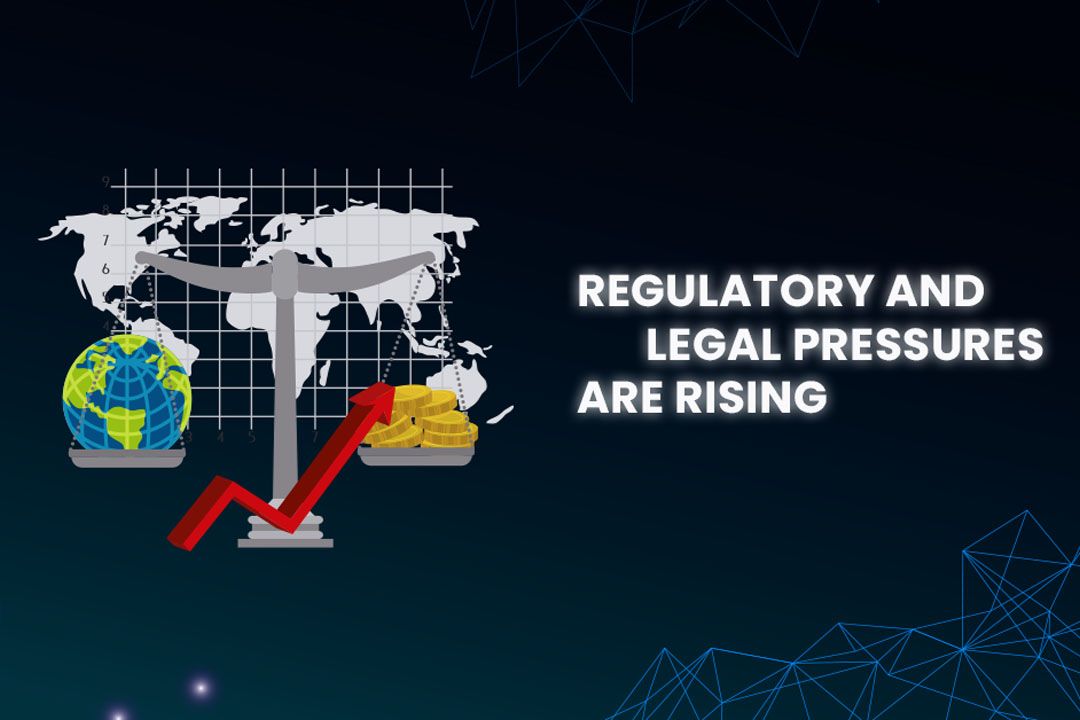
Fairness isn’t just about ethics—it’s about compliance and future-proofing. AI creators and adopters must proactively embed fairness to navigate the evolving legal landscape safely.
Generative AI tools are now used by creators, students, professionals, and governments around the world. But if these systems are trained primarily on Western, English-language, and U.S.-centric data, their outputs may exclude, misrepresent, or even offend global users.
An AI-generated history summary may overlook key contributions from non-Western cultures or perpetuate colonial narratives.
A truly fair AI system must be multilingual, multicultural, and inclusive by design. This includes curating global training data, collaborating with regional experts, and allowing for localized fine-tuning.
Generative AI is still evolving, and its long-term success depends on building a resilient, equitable foundation now.
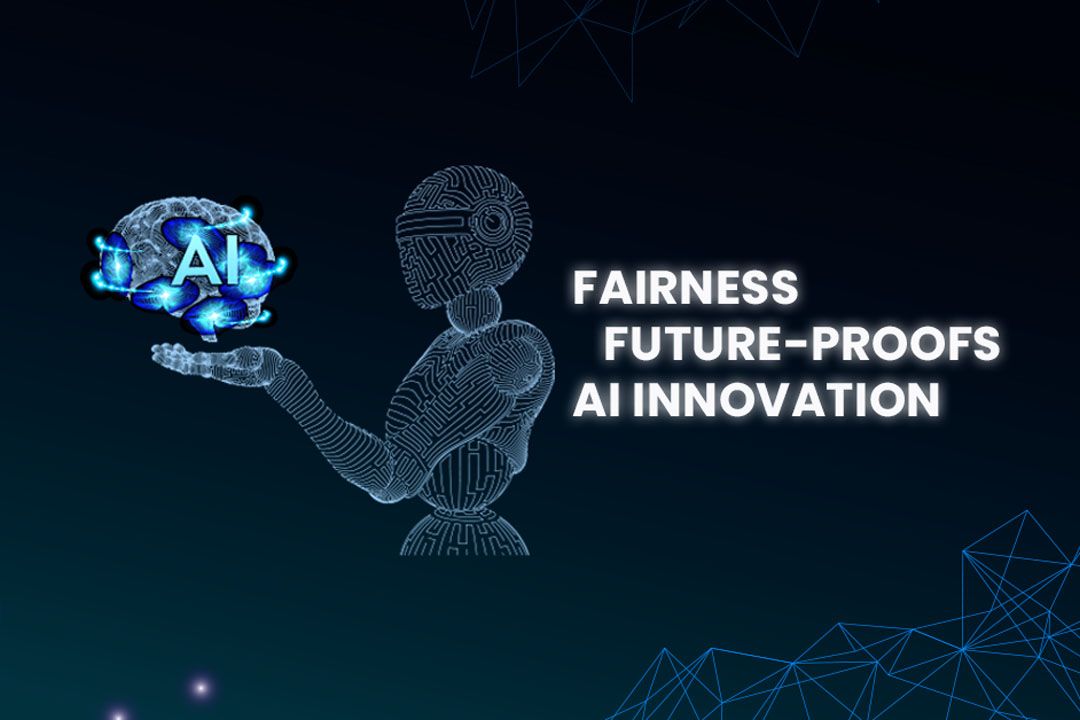
Without fairness, innovation stalls. Users walk away. Stakeholders push back. Regulators step in. But with fairness baked in, generative AI can become a trusted tool that enhances everyone's creativity, productivity, and decision-making.
Bias isn’t just about bad intentions; it’s about bad data and unchecked systems. Even the most powerful AI models can exhibit algorithmic bias if the data or training process isn’t representative.
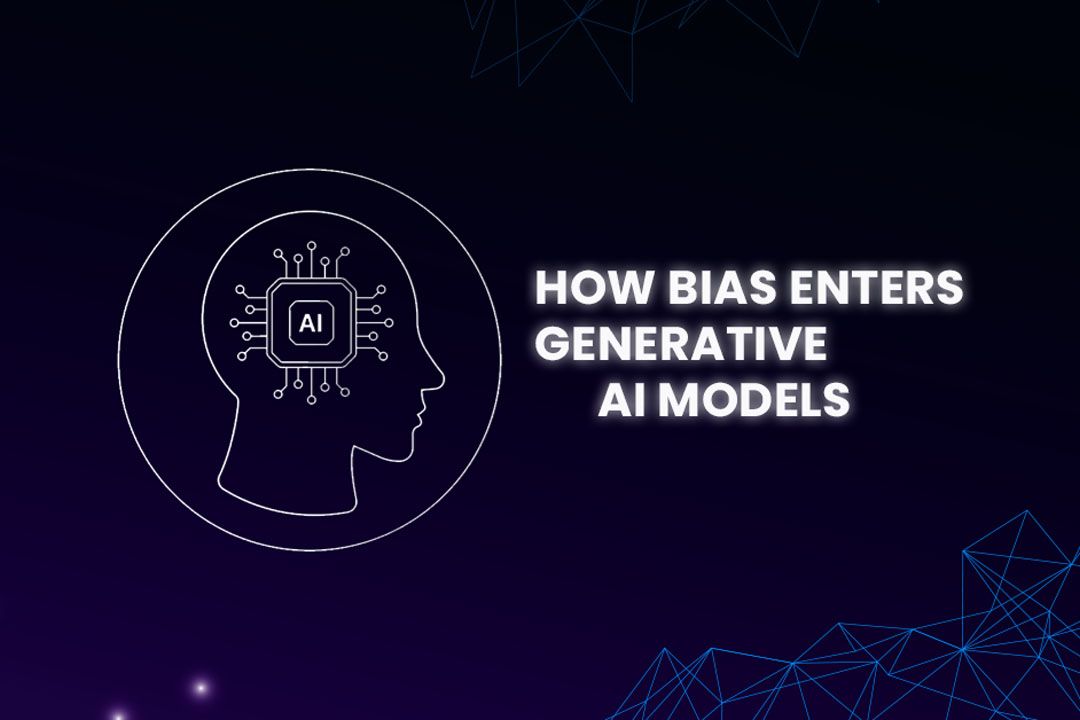
You can’t fix what you don’t measure or prioritize. Fairness doesn’t happen by accident. Developers, companies, and users must actively work toward it. Here's how:
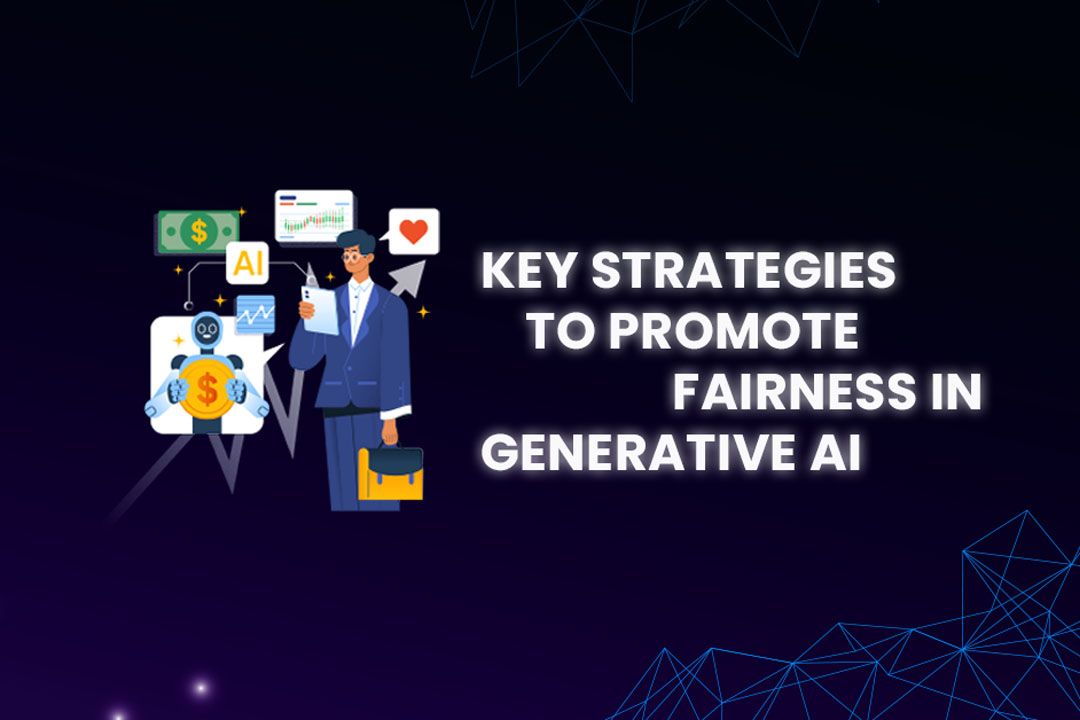
Data drives everything. Biased data = biased AI.
Inclusion behind the scenes leads to better outputs.
Catch it before it spreads.
Transparency is key to trust.
Fair AI isn’t just ethical, it’s profitable and sustainable. Companies that build fair, inclusive AI are better positioned to attract loyal users, avoid public backlash, and comply with evolving global regulations.
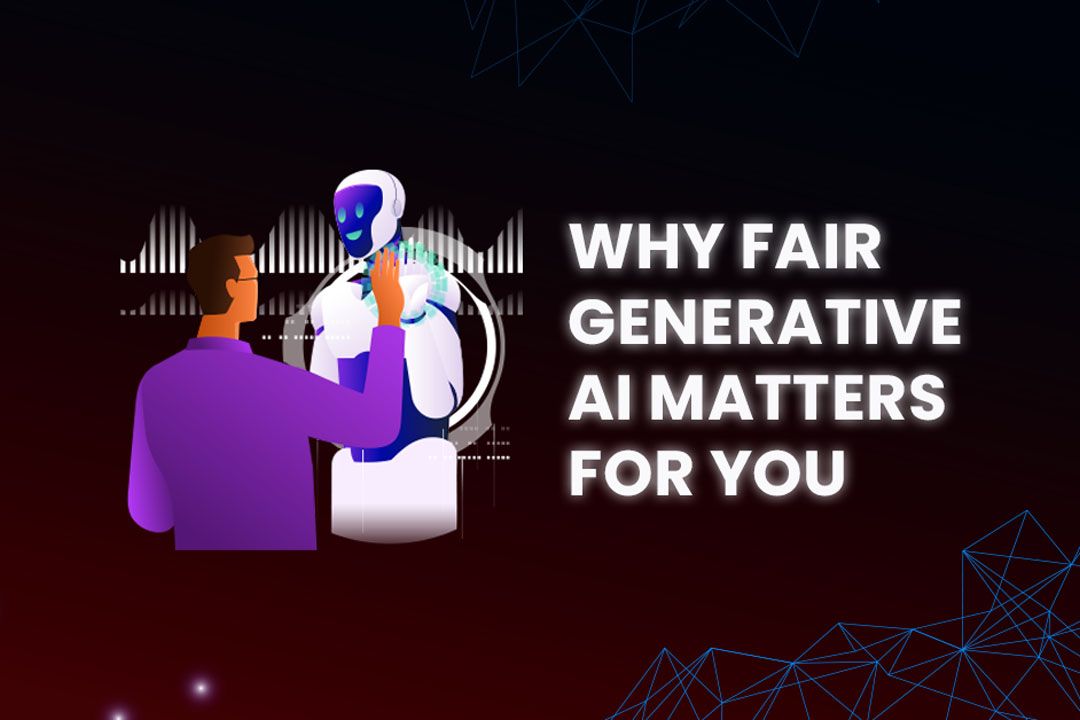
Fairness will soon be a legal requirement, not just a “nice to have.” As AI becomes central to finance, healthcare, education, and more, governments and watchdogs will enforce higher ethical standards. Fairness in generative AI will define which companies lead the market and which ones survive.
Fairness isn't optional in a world increasingly shaped by AI; it’s foundational. From bias in training data to inclusive design practices, every step in the generative AI pipeline matters.
As businesses, developers, and users, we must all push for systems that reflect the best of humanity, not just its data history. We create a future where technology empowers everyone equally by prioritising fairness in generative AI.
Fairness in generative AI refers to the principle that AI systems should treat all individuals and groups equitably, without bias, discrimination, or harm. This includes producing unbiased outputs, including different cultures, genders, languages, and socioeconomic backgrounds, and avoiding reinforcing harmful stereotypes.
Because generative AI models are trained on real-world data, which often contains historical biases, they can unintentionally reproduce or amplify these biases.
Unfair outputs can harm marginalized communities, erode trust, spread misinformation, and expose organizations to ethical and legal consequences.
Developers can promote fairness by:
Unfair AI can lead to:
Yes. Various countries are introducing regulations to ensure fairness and accountability in AI. For example, the EU AI Act, U.S. AI Bill of Rights, and regional laws in Canada, the UK, and beyond require organizations to ensure AI systems are fair, transparent, and non-discriminatory, especially in high-risk use cases.
Get the latest updates from the world of science and technology delivered straight to your inbox.

Sara Delgado is a freelance writer, editor, and translator specializing in culture and fashion content with experience across digital, print, and social media based in Madrid, Spain. She was previously the online editor of Schön! Magazine and is now a contributing editor-at-large at Teen Vogue. She has written for Dazed, The Recording Academy, NME, Nylon, BRICK, and many more.
Subscribe to our newsletter to get the latest updates directly in your inbox.

Explore how generative AI product prototype tools speed up and enhance design workflows. Discover top benefits for modern creators.

June 22, 2025
Discover how to prepare for blockchain developer jobs with essential skills and tools. Master key technologies and boost your career potential today.
15/07/2025
Discover how cloud computing in the healthcare industry is transforming patient care, data management, and operational efficiency in 2025.
16/07/2025
Master AI outputs with this prompt engineering cheat sheet. Learn how to craft better prompts for smarter, faster results in 2025.
16/07/2025
Discover how to start using Python for data analysis with this beginner’s guide. Learn the essential tools, libraries, and steps to analyze data effectively.
17/07/2025